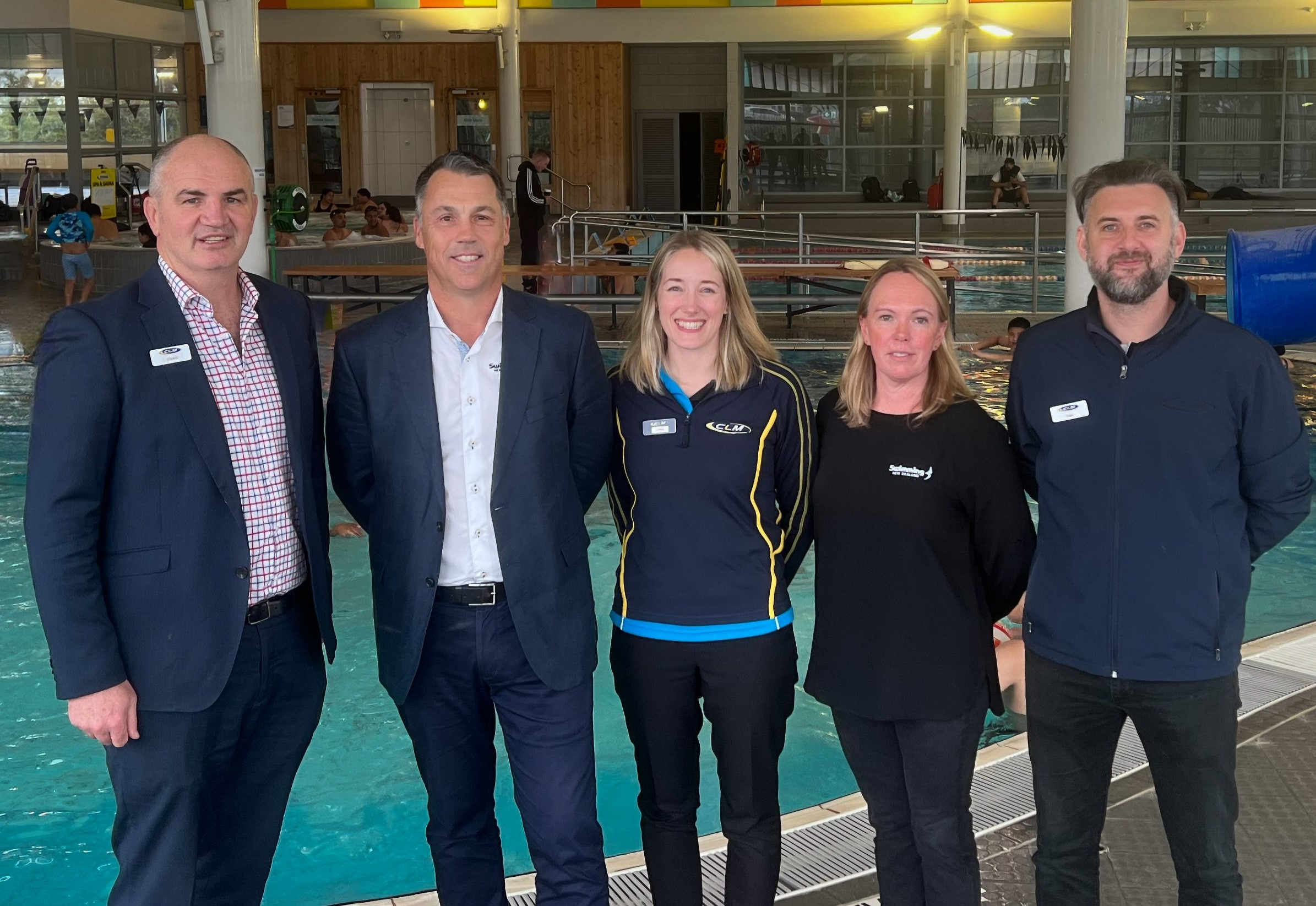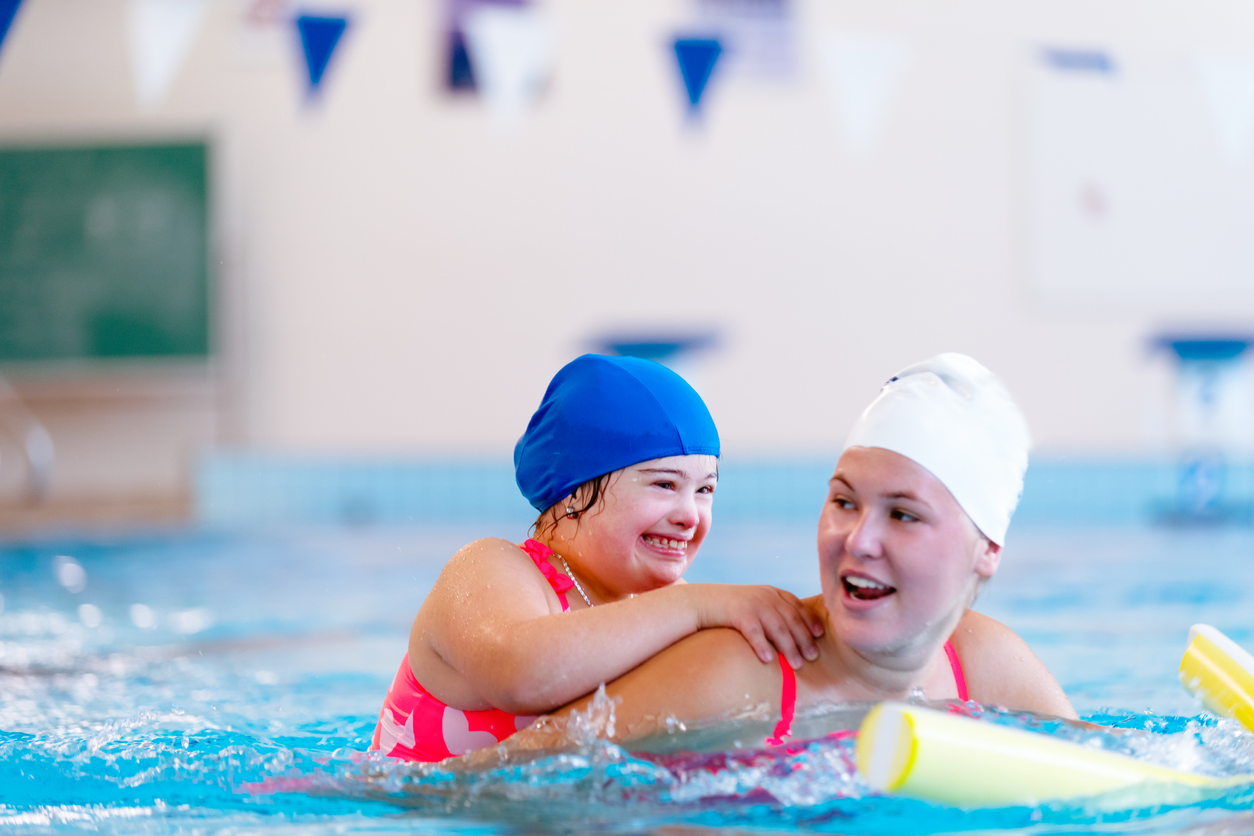
Competitive swimming for kids: what you need to know
If your child has mastered the basics of swimming and wants to start testing their skills further, it might be time to consider competitive swimming.
There are many benefits to swimming competitively - it’s a great way to develop your skills, improve stamina, build confidence and make new friends. But it’s also a big commitment for kids and their families. So how do you know if your child is ready to make the transition?
Lesley Copplestone from Splashhurst Community Pool in Palmerston North explains what you need to know about making the move to competitive swimming.
Is my child ready?
There is no fixed age for starting competitive swimming but around 9 can be a good age to make the transition. If your child is excelling at regular lessons, can confidently perform all of the basic strokes and has progressed through our Squad level (Bronze, Silver, Gold and Platinum), the timing could be right for them to move to a swimming club. Children can make this move as young as 7 or 8, or as late as 13 - it depends on when the child is ready, says Copplestone.
It’s also important to consider the time commitment required and whether your child is emotionally capable of dealing with the pressures of competition. “Our SwimMagic programmes go up to a certain standard. To go onto the competitions and racing, it’s the next step up and the next commitment.” Self discipline, confidence, and the ability to handle a loss are essential.
Most of all, ask yourself if your child really wants to swim competitively? If they do, they’ll be driven to keep going.
Benefits of competitive swimming
Joining a swim club can have lots of benefits for your child. They’ll build on their swim abilities, stay fit and healthy, meet new people and develop other skills like teamwork and mental resilience. There are also opportunities for the whole family to get involved. For example, parents can do timekeeping at swim meets and siblings can get a taste of what competitions are like, if they’re also interested in joining a club.
Choosing a club
There are lots of different swimming clubs to choose from, so it’s important to find one that’s going to be right for your child. Talk to them to find out about their coaches, training schedules and fees to see whether they’ll be a good fit. Once you’ve chosen a club, your child will be assessed and put into a group depending on their skills, age and experience.
What’s involved?
When swimming in a club, lessons can vary from twice a week, up to five times a week, depending on the child’s level, goals and upcoming competitions. Given the time involved, the most dedicated swimmers will only do one additional sport outside of swimming - “otherwise they’ll spread themselves too thin”, says Coppelstone. Coaches will work with children to develop a training schedule that meets their individual needs.
All clubs have their own swimming carnival at least once a year where kids get their qualifying times, and there are many other swim meets held every year that they can choose to take part in, under the guidance of their coach. The next step after these competitions is the National Championships, where entrants compete with the best swimmers in their age group from across NZ.
More News

SwimMagic Race Carnivals
At SwimMagic each year we run free fun race carnivals as a fun introduction to competitive swimming in a relaxed environment.

CLM's SwimMagic proud to be inaugural Swimming New Zealand Registered Swim School
The swimming NZ Registered Swim School Programme has been developed to provide swim school operators with an industry recognised accreditation that signals their acceptance and achievement of a set of standards.

Swimming Lessons for Children with Additional Needs
If you’re the parent of a child who struggles in group lessons, is easily overstimulated, has sensory issues, is fearful of water or has other specialist needs when it comes to learning to swim, this blog is for you.